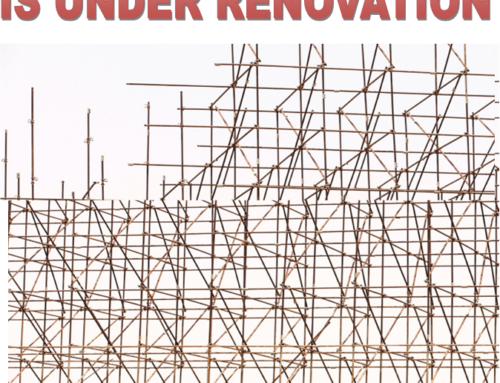Lois M. Scheel
Published in: 1996 Social Trends Newsletters, May. 1996, No. 147
It’s been almost 100 years since Clarence Darrow gave this speech, and in all that time we haven’t learned what he knew all along: Locking people up doesn’t work. 1.5 million Americans now live behind bars.
Statistics prove that by locking people up we make more criminals, meaner criminals, smarter criminals. In prison these outcasts learn from each other; the more experienced teach crime smarts to the beginners. And just surviving in prison against rape, murder, beatings, drugs, solitary confinement and prolonged chances for parole makes many of these castaways more hardened and bitter when they get out than when they came in.
When Chief Justice Warren Burger, who died last year, tried to get legislation passed where prisoners could work within the prisons, earning some money and acquiring experience at a useful trade to help them cope on the outside once they were freed, labor unions saw prison industry as competition for their members. Prison educational programs are frowned on by college students on the outside who must foot the bill for their own education. So, is creating dangerous monsters a better alternative?
Darrow considered the monopoly of natural resources a bigger crime than anything the prisoners had done. In his day it was coal, but why should only a few own the land, the oil, the minerals, the forests, and the river banks any more than they should own the air we breathe. And they would confiscate that if they could.
Technocracy has pointed out for over 60 years that eliminating the money system and replacing it with energy accounting, where no one would own the natural resources but would still have the use of them, would eliminate most crime practically overnight.
At one time we had the best telephone system in the world. We didn’t own our phones; we paid for the use of them. Now deregulation has taken us a step backward; we still pay for their use, but we must buy our own phones and also pay the cost of repairs.
At a time when technological advancement replaces jobs, we had better put our minds to work: People need basic items to survive; if they don’t have them, they will get them by whatever means it takes. As Darrow said, most of the people locked up in our prisons do not belong there. Give them a share of the natural resources, which belong to everyone as a birthright, and we would have a lot of empty prisons.

